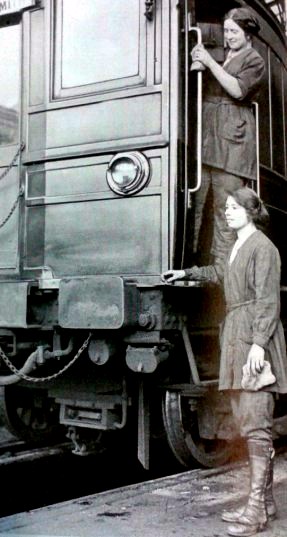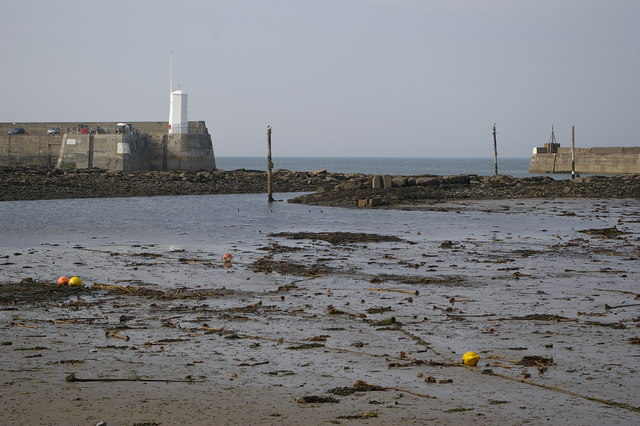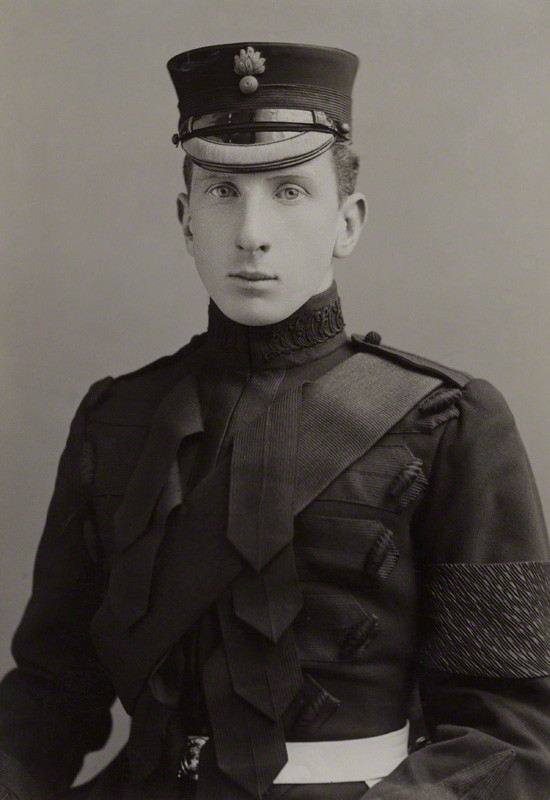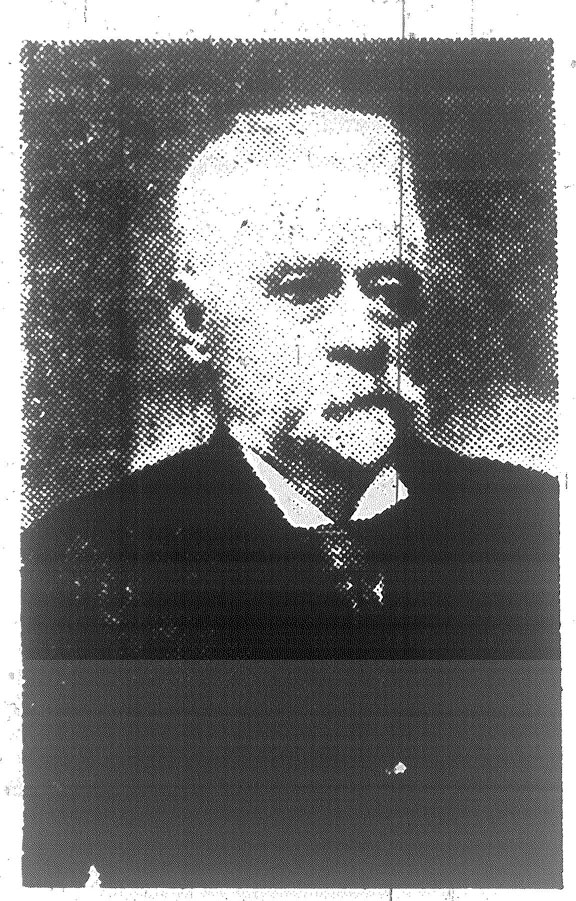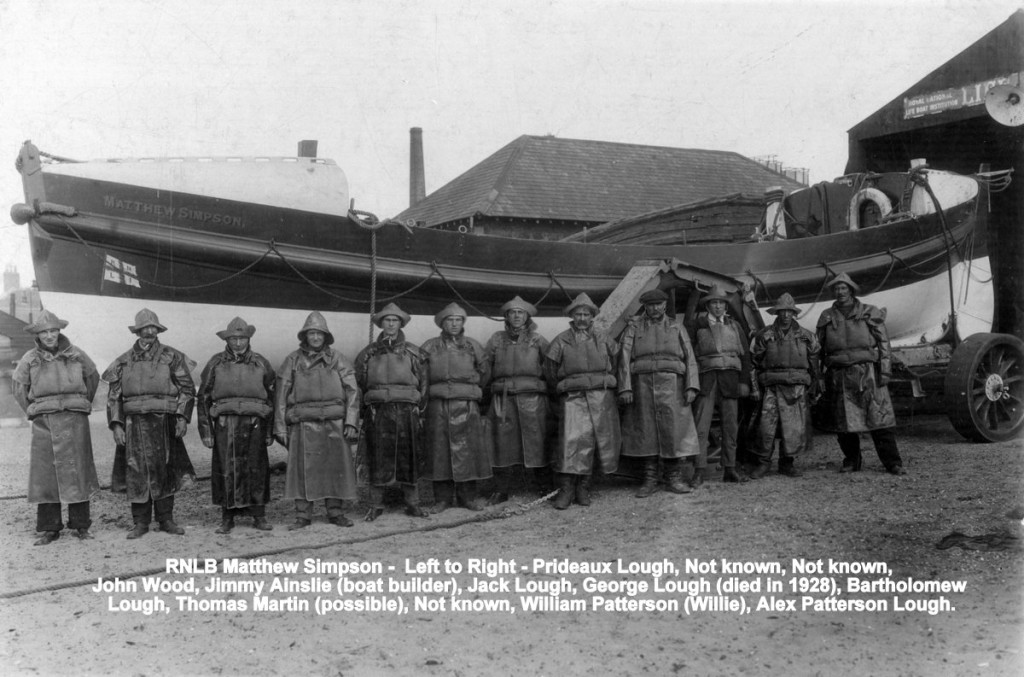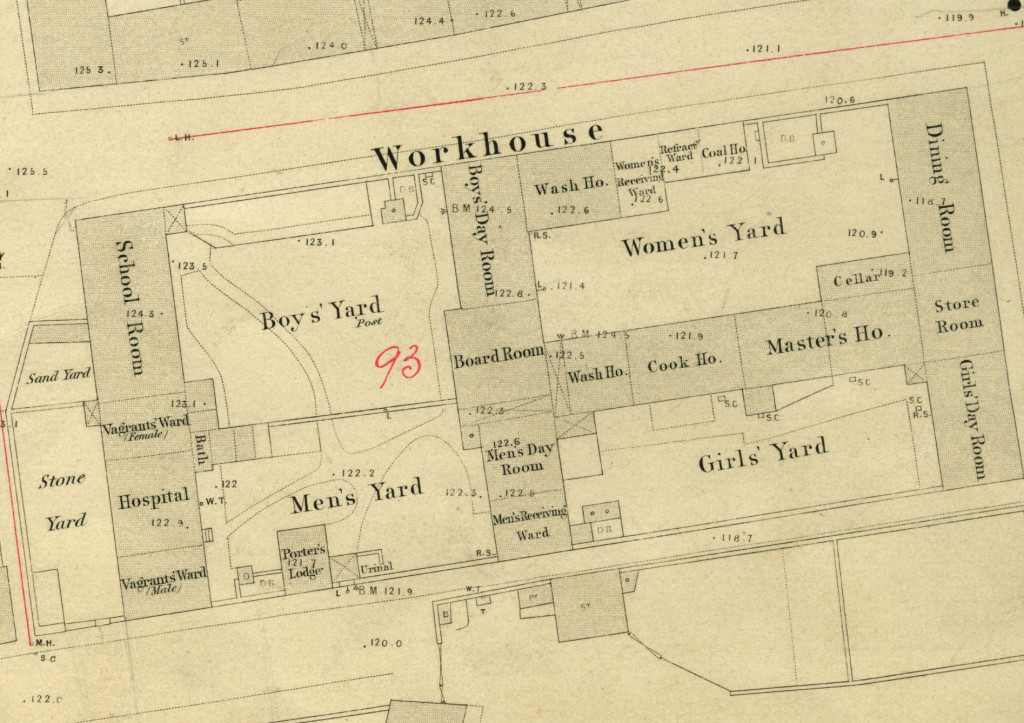BERWICK ADVERTISER, 3RD DECEMBER 1915
APPEAL FOR WINTER COMFORTS FOR LOCAL MEN
Hopeville, Castle Terrace,
Berwick-on-Tweed,
November 27th, 1915
Sir, – May I venture through your columns, to make an appeal on behalf of the fifty men from our Borough who are serving with the Northern Cyclists in Lincolnshire? The Captain of their company writes that mufflers, mitts, and gloves would be most useful to them, and the Committee of the Guild of Aid have requested me, as their President, to ask you to kindly make this known. They would be very grateful if friends could let them have, as soon as possible, 50 mufflers and 50 pairs of mitts or gloves. They can be sent, either to
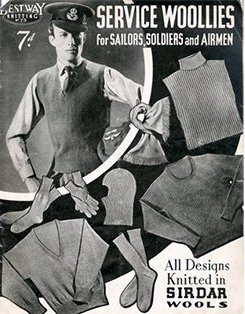
me, or to the Townhall, and will be forwarded at once. May I state for the information of any who may not know the working of our Guild of Aid, that, although we are now affiliated to the War Office scheme, which will send us word, from time to time, of its special requirements, that we also gladly receive any Tuesday afternoon from 3 to 3.30. at the Townhall, any comforts, socks, mitts, gloves, mufflers, etc., and these are distributed as the need arises, or requests are made.
This month we have sent 50 pairs of socks to the Tyneside Scottish through Mrs Crosbie; 30 pairs of socks to the 1st Garrison Battalion, the Royal Scots, through Miss Wilkie-Lalyell; and 25 shirts and 25 pairs socks to the Belgian soldiers in the trenches.
Through the kindness of Mrs Leyland, in giving us a donation of £2 for the purchase of material, a parcel is being made up and will be sent shortly to the Serbian refugees.
To carry on this work all sorts of woollen comforts, material, and money are required, and for these we make an urgent appeal to the public. The smallest donation of money will be gratefully received by Miss Miller, Longstone View.
Money is needed for the material, and the carriage of all parcels not connected with the Government scheme, so, for this we earnestly ask the men of our town and district, whose women are so nobly giving of their time in making the various garments.
Trusting that I have not taken up too much of your space, and thanking you for your courtesy in inserting this letter.
Believe me,
Yours sincerely,
ISABELLA H. PLENDERLEITH
Mayoress
BERWICK PETTY SESSIONS
THURSDAY
Before the Mayor (Ald. J.W.Plenderleith), H. G. McCreath, Esq., A. J. Dodds, Esq., Thos. Purves, Esq., D. W. H. Askew, Esq., Robt. Boston, Esq., and Alex. Darling, Esq.
THEFT OF HOUSEHOLD GOODS
Mary Ann Weatherburn, married woman, Berwick, was charged with the larceny of a quantity of household goods the property of Robert Grieve, on the 30th October, 1915.
Chief Constable said this woman was apprehended on warrant the night previously. Grieve, the prosecutor, lived near this woman, and was absent frequently, being a salmon fisher and rabbit catcher. He had been missing things from his house, and suspected the accused. A warrant was taken out, and her house was searched. Grieve would speak to the articles being his. He would ask for a remand to next Thursday so that they might attempt to recover other goods.
Robert Grieve gave evidence of having missed certain articles from his house in Hatter’s Lane. He was frequently away from his house having been employed first as a salmon fisher and later as a rabbit catcher. Mrs Weatherburn lived next to him in Hatter’s Lane. He identified the forks produced as his; they were over one hundred years old. The plates produced were also his, he having purchased them in 1873 from the late Mr Andrew Thompson.
Sergeant Wilson spoke to having received a warrant for the search of the house of the accused, and the recovery of one of the articles produced in Court. He later went round the pawnshops and recovered the two plates at Mrs Macmillan’s.
This being all the evidence proposed to be led to justify a remand, the Chief Constable moved accordingly.
The Mayor – have you anything to say against your being remanded?
Accused – yes, your worship. I am quite innocent of having taken them.
The Chief Constable asked that the accused be allowed out on bail. In the ordinary course she would have to go to Newcastle, but as she had a young infant, he would ask their worships to liberate her on bail.
Bail was fixed at five pounds, the accused entering into it on her own recognisance.
LOCAL NEWS
The N.E.R. Women Clerks – Not to be Withdrawn after War. – As the result of a deputation representing the clerical staff on the North Eastern Railway to the railway directors, it is stated that Sir Alexander Kaye Butterworth had promised to reply in writing with regard to the application for an advance of 25 percent in wages. Sir Alexander also undertook to inquire into the question of allowances to dependants of enlisted men and the proposal to grant them a war bonus. He declined to give an undertaking that women clerks would be dispensed with after the war, but said that male clerks would be reinstated, and that the necessity now imposed upon the company of employing women would not be exploited.
Pictured right women worked in many occupations on the railway in WW1. This photograph shows them as carriage cleaners.
LETTERS TO THE EDITOR
A SHOP KEEPER’S COMPLAINT REGARDING LIGHTING
Sir,- The local administration of the regulations for the lighting of shops has at last become intolerable. Since the end of summer we have been worried and bullied and threatened by the police. Some have even been fined. So great has become this tyranny that the faintest glimmer of light at times, even the opening of a door results in a visit from a policeman.
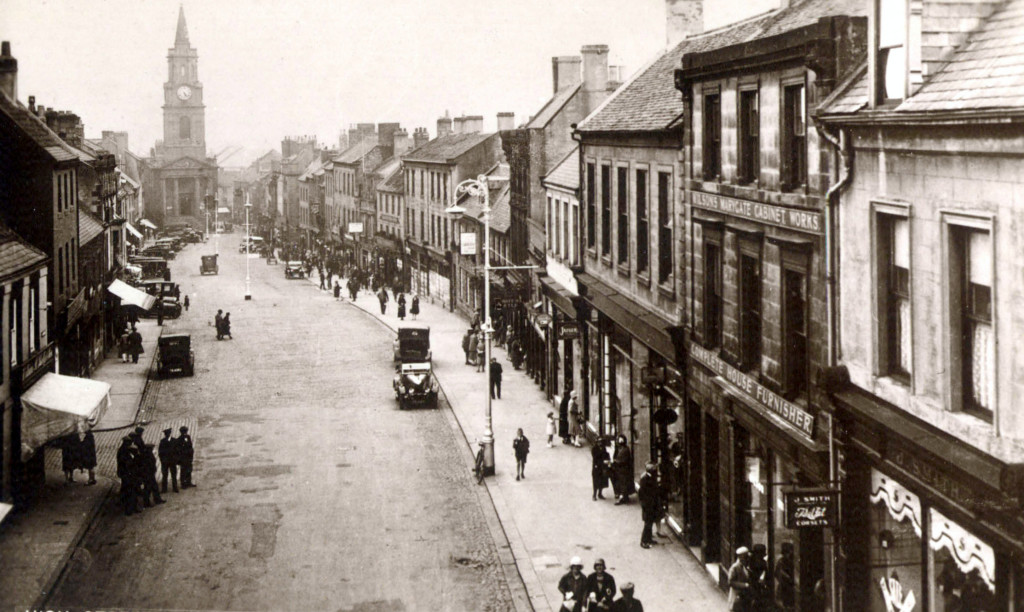
With this state of affairs prevailing in my neighbourhood you can imagine my amazement the other night when I came across a shop in the middle of High Street ablaze with light. Both windows, and they are exceptionally high ones, were illuminated from ceiling to floor. No action would appear to have been taken in the case, for the offence has been repeated nightly. And the firm to which this special privilege has been granted is a multiple one, strangers who have not yet contributed a penny to our rates.
Are the police granting favours to some shops to the disadvantage of others? Are they discriminate as to which shops shall be lighted? If so then there is an end to the respect due to those who keep the peace.
SHOPKEEPER.


